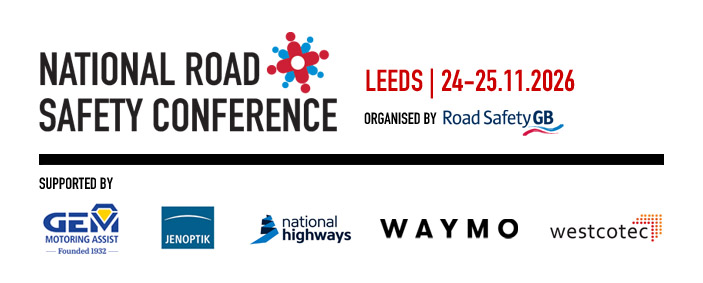A feasibility study for evaluating speeding-reduction interventions in spot-locations and wide-areas using observed behaviour from multiple sources. The BR-UK case study in the Smart Mobility Living Lab, London
Increasingly in the behavioural sciences, research can make use of real-world observed behaviours to understand the effects of interventions. In transport, living labs are one way in which such data can be used, with one obvious candidate being driving speed choice. Even for a simple behaviour like this there are many different sources of data that can be used, depending on the study designs. For example, vehicles can be directly observed using speed cameras (manually), or data can be gathered from vehicle telematics, or from direct and automated roadside observation.
As part of the ESRC-funded BR-UK project, improvements to the methods used to evaluate behavioural change interventions are being explored. One case study within the wider project involved interventions to reduce speeding, and how these could be evaluated in a living lab setting.
This case study presents data from a pilot of a behavioural intervention (a road sign with a ‘norming’ message) and using two outcome measures to establish the suitability of these data for detecting effects of interventions at single locations or interventions more 'area-wide' in their nature. One measure was telematics data from a sample of vehicles on the roads in the study area, and the other was roadside instrumentation as part of the Smart Mobility Living Lab in London, and its object detection algorithm. The advantages and limitations of each data source are discussed, and a future planned larger-scale trial of community level speeding interventions, along with a plan for their evaluation, is presented.
 Dr George Beard, Head of New Mobility, TRL
Dr George Beard, Head of New Mobility, TRL
Dr George Beard is Head of New Mobility at TRL. He is a Chartered Psychologist with a background in research methods, statistics, human factors and psychology.
George has over 12 years’ experience conducting social and behavioural research in the transport sector across a variety of areas including active travel and micromobility safety, inclusive mobility, electric vehicle adoption and charging, real-world trials of new mobility solutions, and monitoring and evaluation.
George is a Chartered Member of the British Psychological Society and a member of the International EV Policy Council.
